Reuters today, October 23, quoted a report from the Palestinian side saying that 266 Palestinian citizens, including 117 children, were killed in Israeli airstrikes on October 22. Meanwhile, Al Jezeera reported that last night was considered the bloodiest night in the Gaza Strip since the conflict between Hamas gunmen and the Israeli army broke out on October 7.
One of the fierce attacks took place in the Jabalia refugee camp, one of the most crowded areas inside the Gaza Strip, where more than 120,000 Palestinians live.
The Palestinian Civil Defense Agency in Gaza said emergency workers had found at least 30 bodies, mostly women and children, after the bombardment. Many people were still trapped under the rubble.
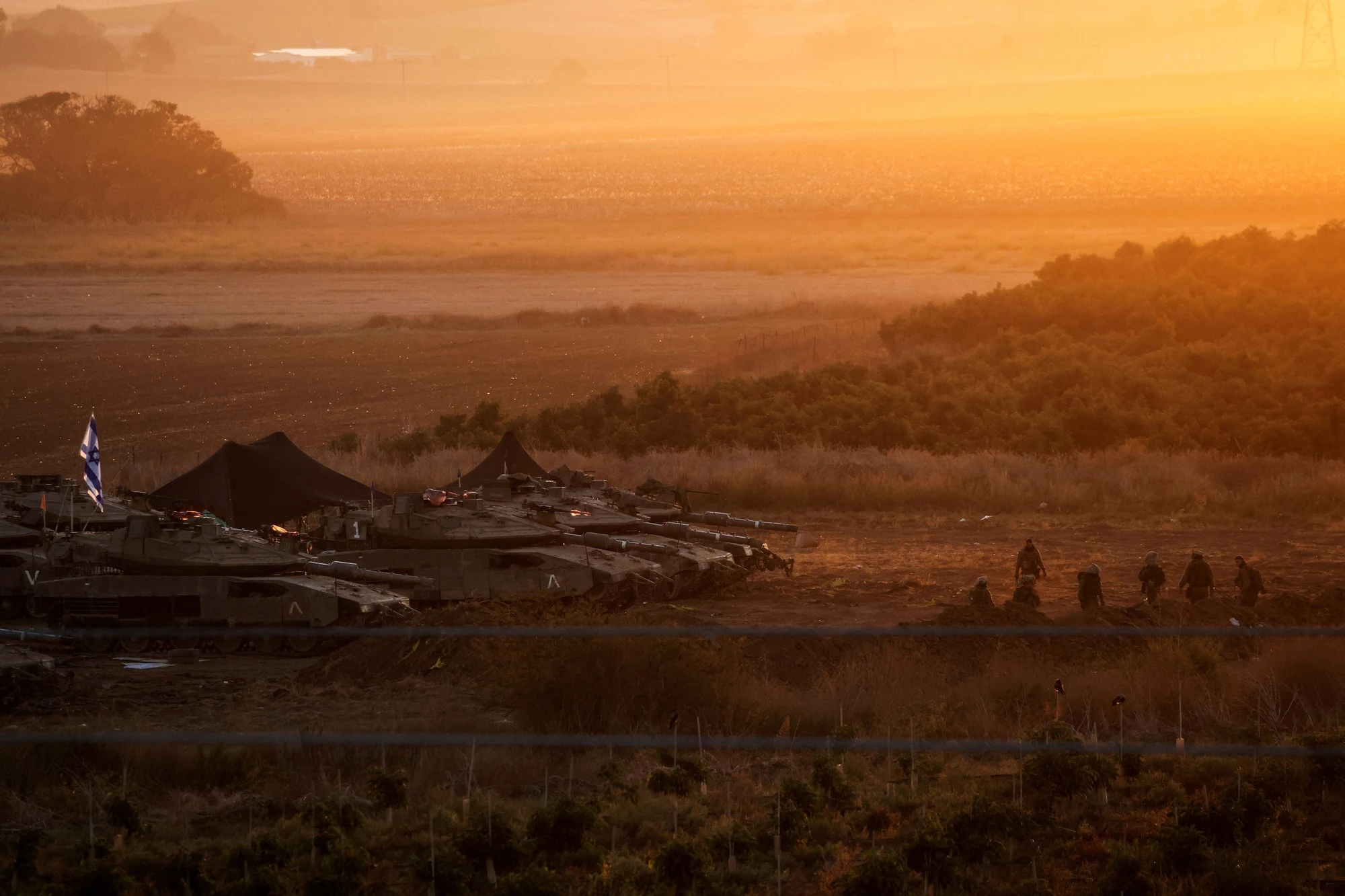
Israeli tank formations deployed near the Gaza Strip on October 21.
Israel has not commented on the attack or claimed responsibility. Meanwhile, Hamas said its leader, Ismail Haniyeh, and Iranian Foreign Minister Hossein Amir-Abdollahian had a phone call and discussed measures to stop what they called Israel's "crimes" in the Gaza Strip.
Fears of conflict spreading across the Middle East
Along Israel’s northern border with Lebanon, the Iran-backed Hezbollah group clashed with Israeli forces, the deadliest escalation of violence on the border since the 2006 Israel-Hezbollah war. Hezbollah reported on October 22 that six more of its fighters had been killed in fighting with Israel, bringing the total number of its members killed since October 7 to 26.
With violence on the rise around its heavily fortified borders, Israel has added 14 settlements near Lebanon and Syria to its contingency evacuation plan. The Israeli military said it had launched a preemptive strike against Hezbollah cells in southern Lebanon to thwart an attack, The Times of Israel reported, citing a statement from the Israeli military.

Hezbollah supporters in Lebanon protested in solidarity with Palestinians on October 8.
Amid growing concerns that conflict is spreading across the Middle East, US Secretary of State Antony Blinken said on October 22 that Washington is ready to retaliate if US troops are targeted in the Hamas-Israel war.
Speaking to NBC News, Mr. Blinken predicted that the war would escalate through the involvement of Iranian proxy forces. He also added that the administration of US President Joe Biden is ready to respond if Americans are the target of any hostile action.
"The United States is taking steps to ensure that we can protect our people effectively and respond decisively if necessary," Mr. Blinken said, noting that additional military assets had been deployed to the Middle East, including two aircraft carrier strike groups.
The US diplomat also said that Israel does not want and has no intention of controlling the Gaza Strip after the war with Hamas ends. However, he stressed that after the conflict, things cannot return to the original status quo.
Continue diplomatic efforts
One positive in the past 24 hours was the confirmation by the United Nations that 14 more trucks carrying vital aid, including food and medicine, had entered the Gaza Strip through the Rafah border crossing in Egypt. Although the aid volume so far is only 4% of the pre-war average daily level, it is a sign that efforts to avoid a humanitarian disaster are making progress, according to Reuters.
In other developments outside the Middle East, thousands of people held a protest in the Canadian city of Montreal to show solidarity with Palestinians.
Also on October 22, Mr. Biden also stepped up diplomatic efforts and had separate calls with many Western leaders including Canada, France, Britain, Germany and Italy to discuss the situation in the Middle East. Before that, he spoke with Israeli Prime Minister Benjamin Netanyahu and Pope Francis.
French President Emmanuel Macron and Dutch Prime Minister Mark Rutte are expected to visit Israel this week.
Source link


![[Photo] Draft documents of the 14th Party Congress reach people at the Commune Cultural Post Offices](https://vphoto.vietnam.vn/thumb/1200x675/vietnam/resource/IMAGE/2025/10/28/1761642182616_du-thao-tai-tinh-hung-yen-4070-5235-jpg.webp)
![[Photo] National Assembly Chairman Tran Thanh Man received a delegation of the Social Democratic Party of Germany](https://vphoto.vietnam.vn/thumb/1200x675/vietnam/resource/IMAGE/2025/10/28/1761652150406_ndo_br_cover-3345-jpg.webp)
![[Photo] Flooding on the right side of the gate, entrance to Hue Citadel](https://vphoto.vietnam.vn/thumb/1200x675/vietnam/resource/IMAGE/2025/10/28/1761660788143_ndo_br_gen-h-z7165069467254-74c71c36d0cb396744b678cec80552f0-2-jpg.webp)









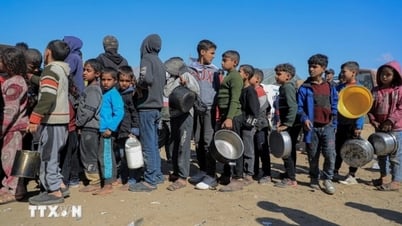





















![[Photo] President Luong Cuong attends the 80th Anniversary of the Traditional Day of the Armed Forces of Military Region 3](https://vphoto.vietnam.vn/thumb/1200x675/vietnam/resource/IMAGE/2025/10/28/1761635584312_ndo_br_1-jpg.webp)


































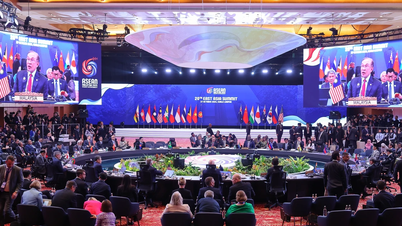



















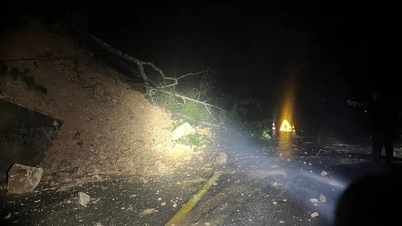















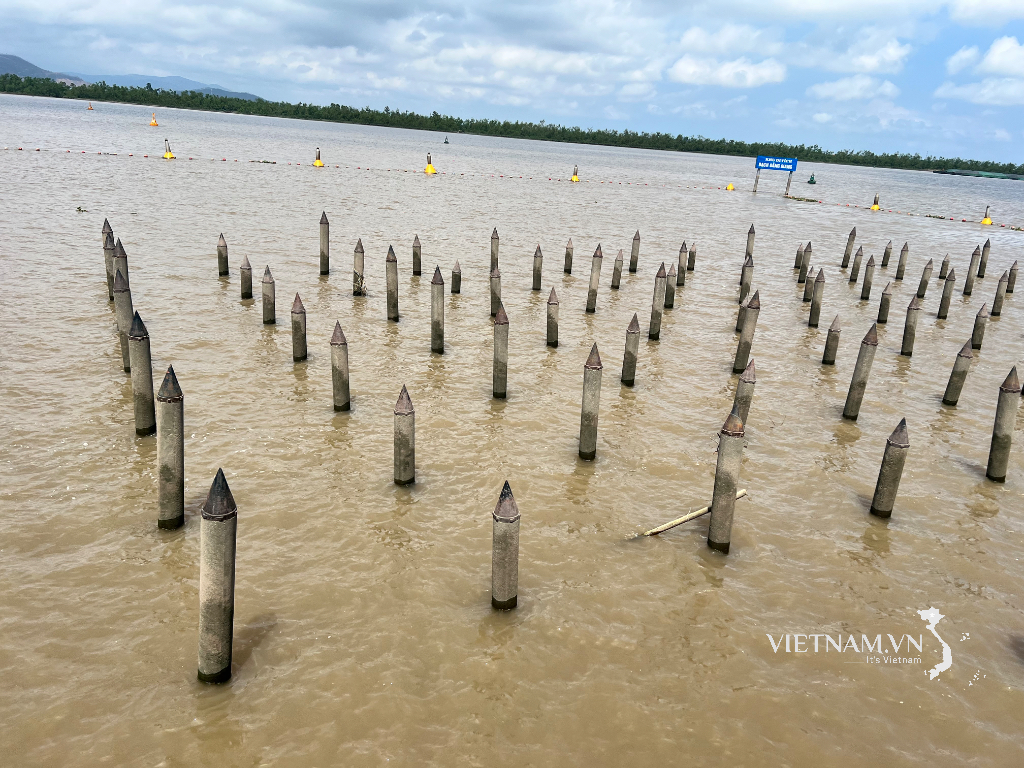



Comment (0)